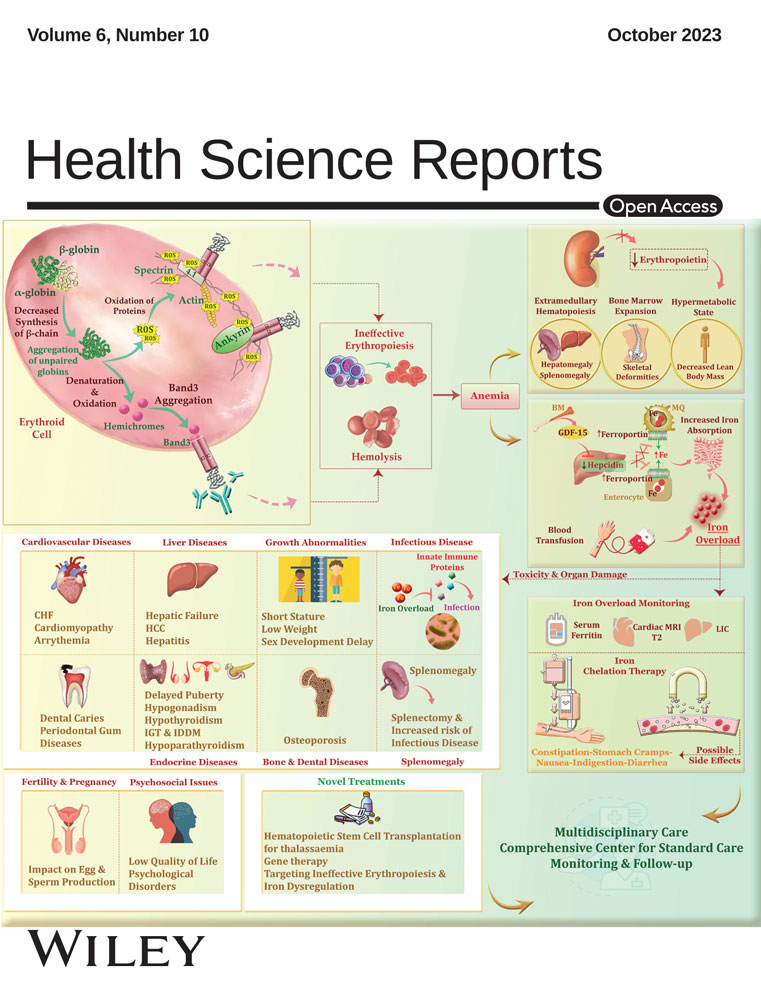Reminiscence therapy; an effective intervention for cancer patients
Reminiscence therapy is a mechanism that helps a person remember events in their life so that by remembering these memories, events, feelings, and thoughts, person-centered care may be provided for them.1, 2 This approach can be administered both in individual or in group sessions to stimulate conversation among participants under the help of trained nurses and clinical psychologists. It is implemented over a period of time, usually one session per week, but its duration varies and can range from 4 to 12 weeks or even more.3 The topics of reminiscence therapy sessions are different and can include childhood stories, school life, working experiences, etc.4, 5 Recently some changes have been made in the implementation of reminiscence therapy and led to the integration of technology, such as robots or applications, in reminiscence therapy.1
Reminiscence therapy is a type of psychotherapy that is usually used as a non-pharmacological intervention to help older people with dementia to improve cognitive function and memory, reduce anxiety and depression, achieve better mood and psychological well-being, and improve their quality of life.2 Although it is mostly used in elderly people and those suffering from dementia, Alzheimer's disease, and depression, it has been used for people of any age, including middle-aged, young and even children.1 Positive results of reminiscence therapy have been shown in healthy adults.2
Since cancer patients experience depression and anxiety in different stages of the disease and when receiving different treatments, such as radiotherapy, chemotherapy, and surgery. This leads to high prevalence of psychological distress in these patients, and subsequently, this psychological distress leads to decrease in their quality of life.4, 5 Reminiscence therapy has been used to improve life quality of patients with colorectal, cervical, gastric, prostate, lung, and glioma cancers by reducing anxiety and depression.2, 4, 5
Although various studies have focused on the effect of reminiscence therapy on different types of common cancers, some cancers such as breast cancer have not been investigated yet. Examining patients in different stages of the disease and treatment can also yield interesting results. Moreover, the long-term effects of reminiscence therapy should be examined in addition to its short-term effects. It is suggested that clinical research be directed to further identify the various effects of reminiscence therapy based on its implementation and its long-term outcomes.
Considering that the reminiscence therapy approach as an easy and low-cost treatment method is highly effective in solving mental and psychological problems of patients and that reminiscence therapy has achieved positive results in cancer patients, health managers and policy makers can plan for the consistent implementation of reminiscence therapy in inpatient and outpatient care centers for cancer patients and provide the necessary infrastructures for in-person or remote implementation using technology.
AUTHOR CONTRIBUTIONS
Nasib Babaei: conceptualization; writing—original draft; writing—review & editing. Marziyeh Avazeh: conceptualization; writing—original draft; writing—review & editing.
CONFLICT OF INTEREST STATEMENT
The authors declare no conflicts of interest.
Open Research
DATA AVAILABILITY STATEMENT
Data sharing not applicable to this article as no datasets were generated or analysed during the current study.




